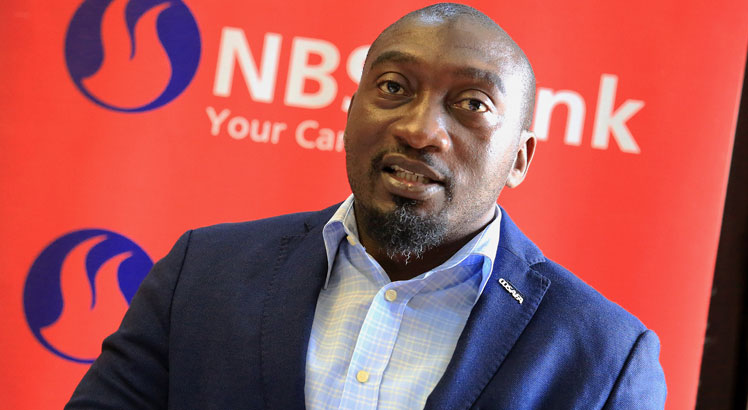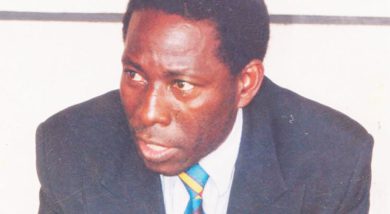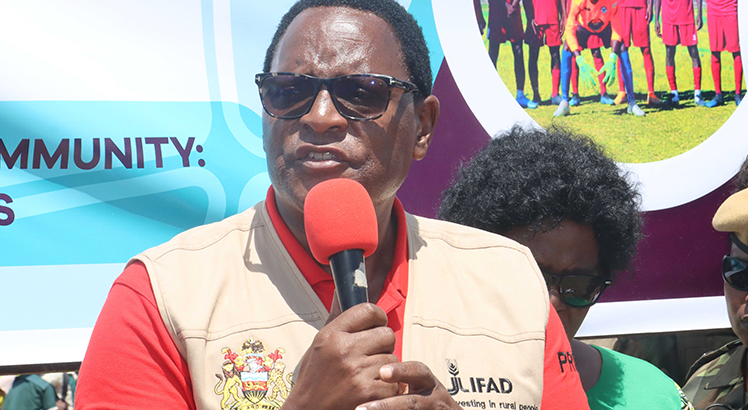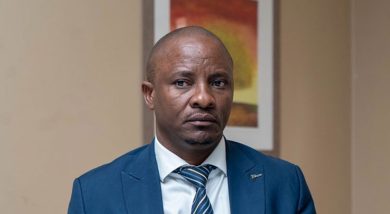Malawi coaches’ sweat for peanuts
 With an axe hanging above their heads, Super League coaches in Malawi for all their trouble working with disgruntled players while using meagre resources, get paid peanuts.
With an axe hanging above their heads, Super League coaches in Malawi for all their trouble working with disgruntled players while using meagre resources, get paid peanuts.
The Nation investigations has established that the Super League’s least paid coach gets K20 000 ($120) and the highest K150 000 (about $900). Domestic clubs’ lack of sponsorship has been cited as the contributing factor to the poor salaries.
In contrast, in Mozambique, Zambia and Zimbabwe club coaches get in the range of $10 000 (about K1.7 million) to $20 000 (about K3.4 million) per month.
To make matters worse, some of the local coaches get paid in bits and pieces.
Relegated Embangweni United coach Kadenge Mwafulirwa last week did not rule out that he might have been among the least paid coaches last season.
“I do not want to step on the toes of my former employers by disclosing my agreed salary. But if truth be told, it was not even worth calling a salary. They may promise you say K60 000 (about $35), but you get in bits and pieces, say K10 000 (about $60); and sometimes K5 000 (about $30) per month,” said Mwafulirwa.
The Nation established the figures to ascertain if what the coaches are subjected to tallies with their take-home package. Poor perks result in coaches losing focus and in some extreme cases, the trainers subject players to pay-as-you-play.
Veteran coach Yasin Osman corroborated this last Sunday and called for salaries commensurate with coaching qualifications.
“There are a few occasions coaches ask players to share with them game bonuses. There are Super League coaches, who get K30 000 (about $179) which is peanuts. K150 000 (about $898) should be the basic pay after tax, be put in club-sponsored house, a car, then we can put pressure on them to deliver,” said Osman who resigned at Wanderers in 2010 over unpaid dues estimated at K500 000 (about $3 000) arrears.
In separate interviews, recently off-loaded Escom United midfielder James Chilapondwa and Civo United defender Pilira Makupe, while not specifically referring to happenings at their respective clubs, claimed to have heard from other players that some coaches demanded money for them to play.
Another player, who pleaded for anonymity, said working with frustrated coaches is not inspiring.
A Zomba trainer who earned K20 000 monthly could be among the poorest while a coach for one Blantyre big team is probably the biggest earner at K150 000. Most coaches get between K40 000 and K50 000. The highest paid coach is from a team that was until recently enjoying sound sponsorship whereas the lowest paid coach’s team has no financial support.
An expatriate coach for a top Blantyre team was earning $1 000 (about K167 000) monthly.
“Honestly, what we give our coach is peanuts. We need to improve. In addition to the K20 000 monthly upkeep, he is also entitled to K4 000 [$23] for a win and half that amount for a draw and nothing for a loss,” admitted a general secretary speaking on condition of anonymity.
Former Mozambique’s Ferroviaro de Nampula Malawian coach Kannock Munde on Tuesday refused to classify what domestic coaches earn per month as worth a salary.
“We work for charity; sometimes just to pass time. You cannot even begin to compare with what coaches get in countries such as Mozambique where the highest paid can pocket $20 000 [per month], a company car, accommodation and fuel allowances,” said Munde who had stints with Ferroviaro in 1998 and 2008.
Coaches for Malawi Defence Force (MDF) and Malawi Police Service top league clubs depend on their core job salaries while at times earning some token of appreciation from game bonuses and cup wins.
Super League of Malawi (Sulom) general secretary Williams Banda last week said issues of perks are confidential between the clubs and the coaches; hence, are beyond his body’s indulgence.
“Furthermore, coaches are affiliated to the coaches association. On standard qualification, we can better tackle the issue if capacity building is intensified and we have statistics on the grades available on the market,” said Banda, arguing that the issue of perks does not affect performance.
FAM chief executive officer Suzgo Nyirenda last week said there is need for standard coaching qualifications in the Super League, then salary cap, suggesting that then National Coaches Committee could be better placed to tackle the issue.
The poor perks for coaches could be explained by the fact that out of 15 Super League teams only Silver Strikers, Civo United and Azam Tigers enjoy sponsorship. Malawi Defence Force and Malawi Police Service also sponsors four teams.





